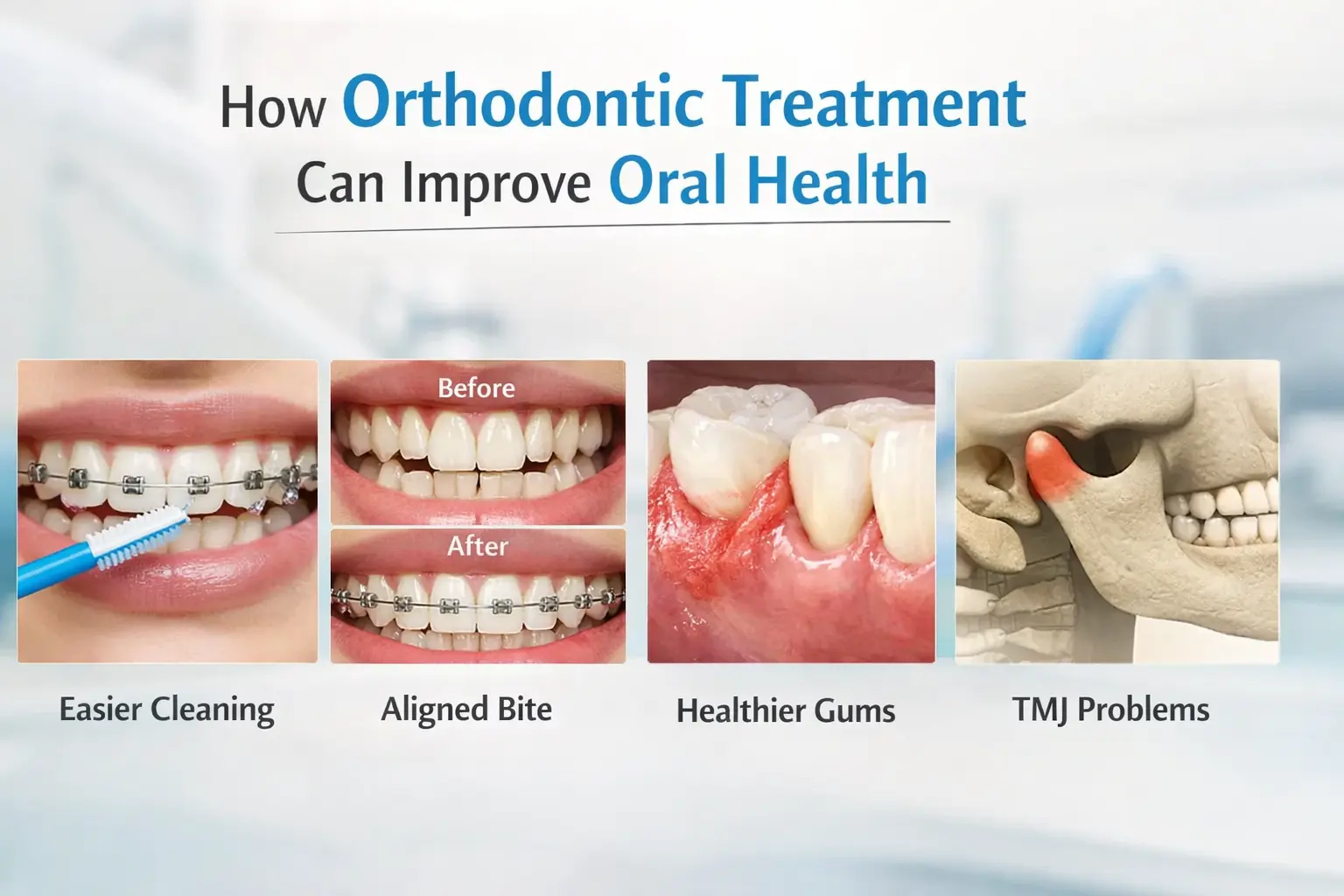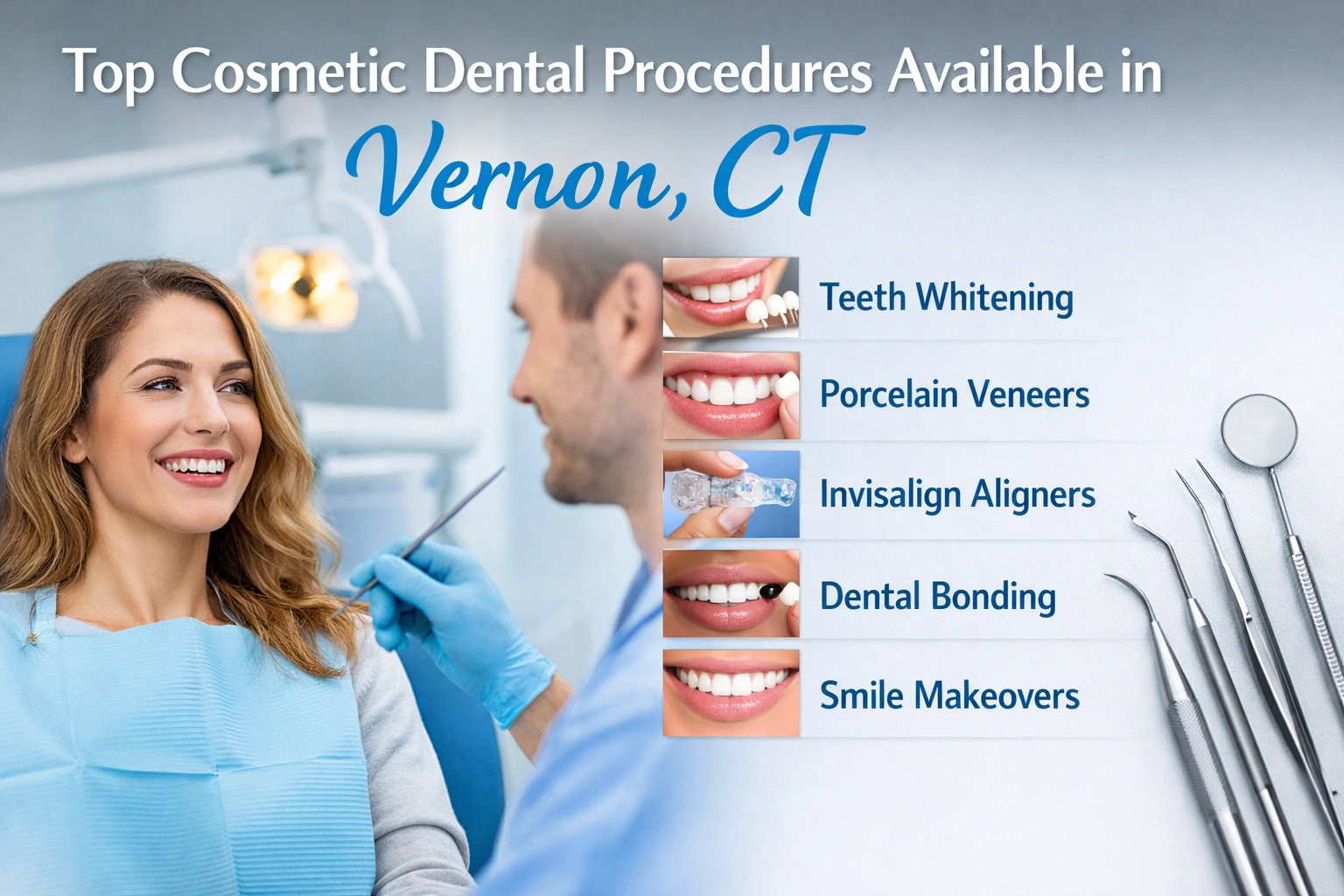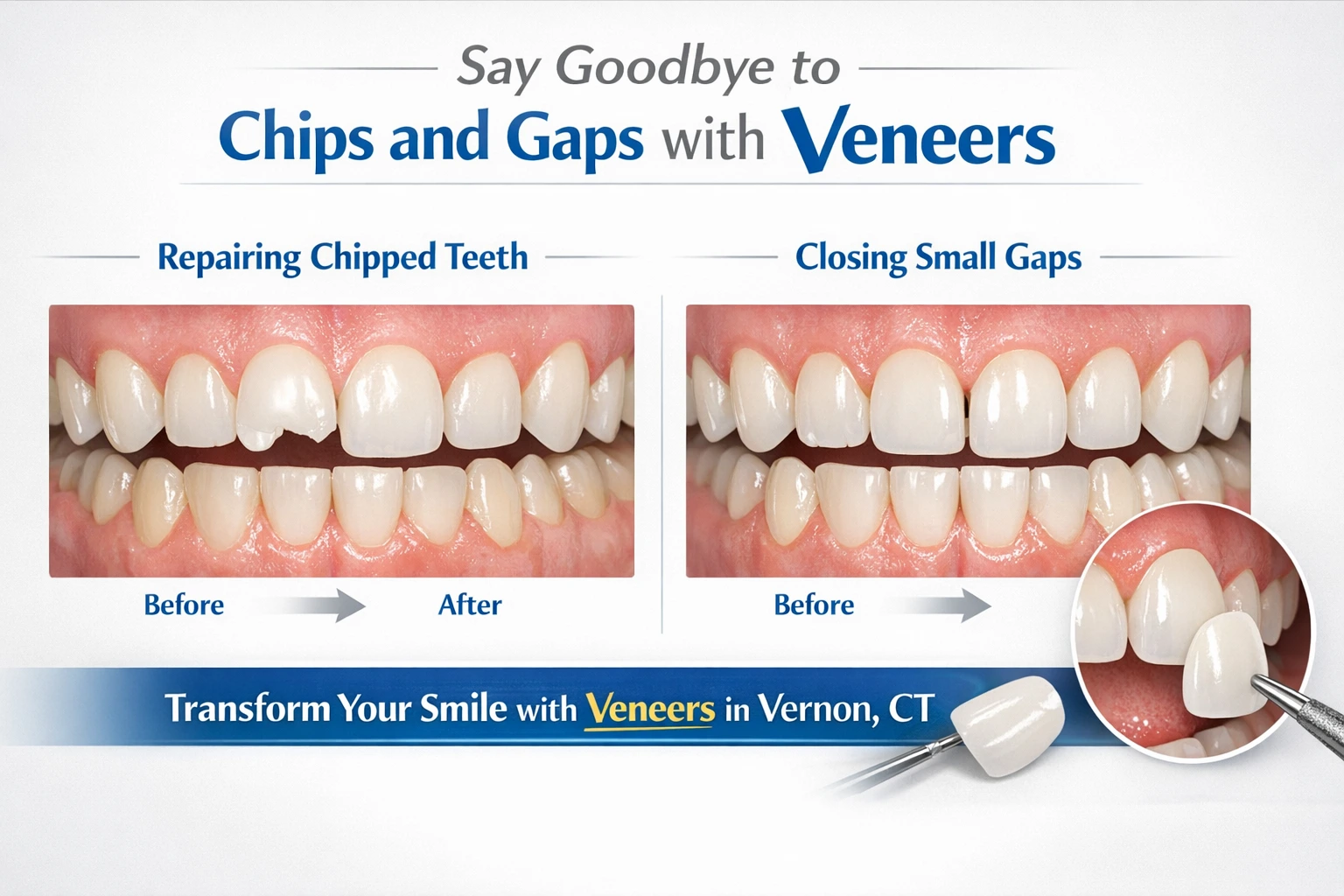
April 2, 2024
Ceramic Implants
For many people, missing teeth can be a source of both functional and aesthetic concern. Chewing, speaking, and even smiling can become difficult or embarrassing. Dental implants have emerged as a revolutionary solution, offering a permanent and natural-looking replacement for missing teeth.
Traditionally, dental implants have been made of titanium, a biocompatible metal that fuses with the jawbone over time. While highly successful, titanium implants can sometimes show a grayish tinge beneath the gum tissue, especially in patients with thin gums.
This is where ceramic implants come in. In this informative blog, we’ll look into the extent to which ceramic implants have become a suitable alternative to missing teeth.
What are Ceramic Dental Implants?
Ceramic dental implants are a type of implant made from zirconia, a biocompatible ceramic material. Zirconia is incredibly strong and durable, mimicking the natural strength of teeth. One of the most significant advantages of ceramic implants is their aesthetics.

Unlike traditional implants, zirconia implants are white, closely resembling the color of natural teeth. This makes them a perfect choice for patients concerned about the visibility of implants, particularly those placed in the front of the mouth.
Conditions that Ceramic Dental Implants Can Fix
Ceramic dental implants are a great option for a variety of teeth replacement needs. Here are some of the conditions that they can fix:
Missing teeth: This is the most common reason for getting dental implants. Ceramic implants can replace a single missing tooth, several teeth, or even all of your teeth.
Poorly fitting dentures: Dentures can be uncomfortable and inconvenient. Ceramic implants can provide a stable and natural-looking alternative.
Jawbone deterioration: When you lose a tooth, the jawbone beneath it begins to deteriorate. Dental implants can help to preserve jawbone health.
Gum disease: Gum disease can damage the teeth and jawbone. Dental implants can be a good option for people who have lost teeth due to gum disease.
Metal allergies: Some people are allergic to the metal used in traditional dental implants (titanium). Ceramic implants are a good option for people with metal allergies.
Cosmetic concerns: If you are unhappy with the appearance of your smile due to missing teeth, ceramic implants can provide a natural-looking and long-lasting solution.
The Pros and Cons of Ceramic Dental Implants
The Pros
Ceramic dental implants, particularly those made from zirconia, are gaining traction as a viable alternative to traditional titanium implants. Here’s a closer look at the key benefits they offer:
Unsurpassed Aesthetics
- Natural Appearance: Zirconia’s white color closely mimics the natural color of dentin, the layer beneath your tooth enamel. This ensures a seamless blend with surrounding teeth, especially for patients with thin gums or receding gum lines. Even if a slight gum recession occurs over time, the implant will remain virtually undetectable.
- Light Reflectivity: Zirconia has a light-reflective property similar to natural teeth. This allows light to pass through the implant crown. As a result, it mimics the way light interacts with real teeth and creates a more natural, translucent look.
Biocompatible and Metal-Free
- Reduced Rejection Risk: Like titanium, zirconia is biocompatible. This means your body readily accepts the implant material, minimizing the chances of your immune system rejecting it.
- Allergy-Friendly: For patients with metal allergies or sensitivities, ceramic implants offer a safe, metal-free alternative.
Long-lasting Strength and Durability
Zirconia boasts exceptional strength and resilience. Ceramic implants are highly resistant to chipping, cracking, and general wear and tear., making them a dependable long-term solution. This translates to fewer potential issues and replacements down the road.
Enhanced Gum Health
- Reduced Gum Discoloration: Unlike titanium implants with a gray base, zirconia implants are white throughout. This eliminates the risk of a dark shadow showing through the gum tissue. As a result, it creates a more natural and aesthetically pleasing gum line.
- Improved Soft Tissue Attachment: Studies suggest that ceramic implants may promote better soft tissue attachment and a lower inflammatory response compared to titanium implants. This can lead to improved gum health around the implant site.
Additional Potential Benefits
- Potential for Osseointegration: Early research suggests that zirconia implants may promote osseointegration, the process where the implant fuses with the jawbone, as effectively as titanium implants.
- Potential for a More Comfortable Procedure: Some studies suggest that single-stage implant placement (placing the implant and crown in one surgery) might be more feasible with certain types of ceramic implants. This potentially leads to a less invasive and more comfortable procedure.
The Cons
- Cost: Ceramic implants may be slightly more expensive than traditional titanium implants.
- Availability: While gaining popularity, ceramic implants may not be as widely available as titanium implants. Finding a dentist experienced in placing ceramic implants might require some research.
- Potential for Chipping: While less likely than with traditional dental crowns, there is a slight possibility of the zirconia crown chipping, especially if subjected to excessive force.
Important Considerations for Ceramic Implants
Are you thinking about ceramic implants to replace missing teeth? While they offer unique advantages, it’s important to have a thorough consultation with a qualified and experienced dentist. Here are some key factors to discuss:
Your Oral Health
- Jawbone Strength: Sufficient jawbone density is crucial for successful osseointegration (fusion between implant and bone). Your dentist will assess your jawbone health with X-rays or CT scans. If your jawbone is too thin or weak, bone grafting procedures might be necessary before implant placement.
- Gum Disease: Healthy gums are essential for long-term implant success. Your dentist will check for gum disease (periodontitis) and ensure it’s under control before proceeding.
Material Preference
- Metal-Free Option: If you have metal allergies or prefer a biocompatible material, ceramic implants might be a good choice. Discuss your concerns about metal implants with your dentist.
- Aesthetics: Ceramic implants closely resemble the natural color of teeth, providing a more aesthetically pleasing option compared to traditional titanium implants, especially when replacing teeth in the front of your mouth.
Treatment Process and Recovery
- Procedure Steps: The process for placing ceramic implants can involve multiple appointments, similar to titanium implants. Be prepared for the surgical placement of the implant, followed by a healing period before attaching the artificial tooth.
- Healing Time: Healing after ceramic implant placement typically takes longer than healing after titanium implants. This is because the bone needs time to integrate with the ceramic material. Discuss the expected healing timeline and any temporary restorations you might need with your dentist.
Cost and Insurance Coverage
- Implant Cost: Ceramic implants are generally more expensive than titanium implants due to the material itself. Discuss the cost breakdown with your dentist, including any additional procedures like bone grafting.
- Insurance Coverage: Dental implants are typically considered an elective procedure, and insurance coverage for them can vary widely. Check with your insurance provider to understand your specific coverage for dental implants. Your dentist’s office can also help you navigate the insurance process.
Dental implants are a life-changing solution for replacing missing teeth. If you are considering implants and prioritize a natural aesthetic, ceramic implants offer a compelling option.
By understanding the advantages, disadvantages, and factors to consider, you can make an informed decision in consultation with your dentist. With proper care, ceramic implants can provide you with a beautiful, natural-looking smile and significantly improve your oral health and quality of life.
Recent Posts

Top 5 Reasons Vernon Residents Should Consider Early Airway Orthodontic Screening

How Orthodontic Treatment Can Improve Oral Health

Top Cosmetic Dental Procedures Available in Vernon, CT

How Veneers Address Structural Imperfections Like Chips And Small Gaps

